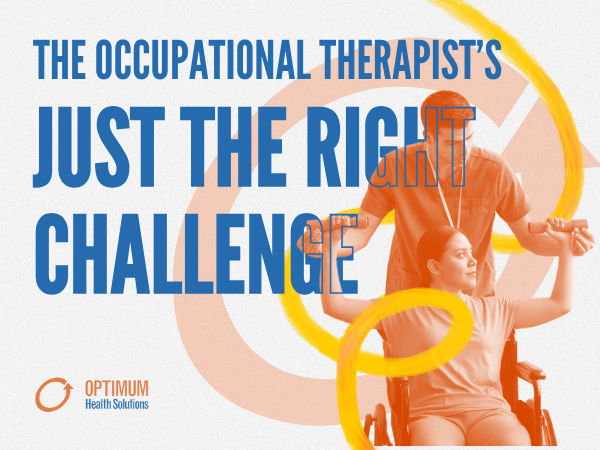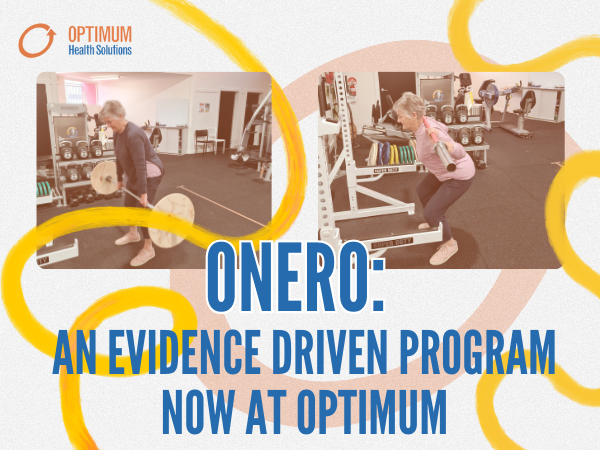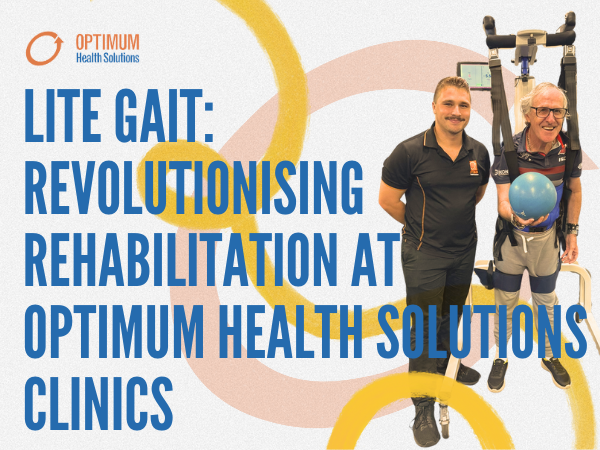When learning a new skill or working to achieve a set goal, an Occupational Therapist will look for the “just right challenge”. This means grading or adapting an activity to be not too difficult that it feels unachievable and not too easy that it is not beneficial. We use a person’s existing strengths and abilities to tailor interventions to create opportunities for skill development.
Because everyone is different, what might work for one person will not necessarily work for another. If the challenge is too hard then the end result is usually a hit to your self-esteem or frustration. When the challenge is too easy, people get bored and may even find what you have asked to be degrading. When the task is “just right” a person feels motivated, engaged and more likely to achieve their set goals. The just-right challenge empowers people to see that they can improve and succeed on their own and aids in promoting resilience.
How to find the Just right Challenge?
The first step is observing a person’s current capacity in achieving the task and will also take into account the typical way to complete a task, this is called an activity analysis. However it is important to note there is never just one way to achieve a task and this varies across cultures such as when making a tea, is it typical to use a tea bag or loose leaf tea?
We then break down a task into components or steps and have discussions with the individual regarding where they feel there are strengths or barriers. We then evaluate where the task is breaking down and come up with solutions to assist in achieving the end goal. This may mean we work on a task as a whole (making a cup of tea) or focus on one component of the task (stirring the tea).
Trial & Error
Sometimes finding the just right challenges takes trial and error and here are some ways we can modify a task or the environment to find the right fit.
- Grading: Grading is accomplished by increasing or decreasing the difficulty or demands of a task to achieve an end goal, such as changing the duration, intensity or materials. Generally when a person wants to progress a skill you grade up and when it is too difficult you grade down. Such as when learning to dress using buttons you may use bigger buttons to start off with, as this is easier to hold and use. Then when this has been achieved you may transition to using smaller buttons.
- Adaptation: Adaptation refers to accommodating to a person’s needs by doing something that makes doing an activity easier. This may require modifying or substituting the equipment, tools or techniques used to perform an activity. However the end goal of the activity is always the same. Such as using a long-handled sponge to assist a person to wash all areas of their body to promote independence when showering. Or when learning to tie shoelaces you may try a more simple method like the bunny ears method.
The Just right Challenge should be based on a person’s interests and needs as this helps promote success. This principle can be allied to all areas of your life whether it be applying it to your exercise regime to improve your strength and endurance or when trying to health healthier during the week. Try this at home, if you are feeling overwhelmed by your workload, think about how you can break it down into smaller more achievable steps. For more information come in to see one of our friendly Occupational Therapists
REFERENCES
Hersch, G. I., Lamport, N. K., & Coffey, M. S. (2005). Activity analysis: application to occupation, 5th ed. Thorofare, NJ: SLACK, Inc.
Molineux, M. just right challenge. In A Dictionary of Occupational Science and Occupational Therapy. : Oxford University Press. Retrieved 21 Oct. 2020, from https://www.oxfordreference.com/view/10.1093/acref/9780191773624.001.0001/acref-9780191773624-e-0314.
Radomski, M., 2017. Occupational Therapy For Physical Dysfunction. 7th ed. Lippincott Williams & Wilkins.
Schultz, S. and Schkade, J., 1992. Occupational Adaptation: Toward a Holistic Approach for Contemporary Practice, Part 2. American Journal of Occupational Therapy, 46(10), pp.917-925.
Disclaimer: Statements of fact and opinion in the article above The Occupational Therapist’s “Just right Challenge” are those of the respective authors, researchers and case studies provided and not of the publishers of The Occupational Therapist’s “Just right Challenge”. The readers should make his or her own evaluation of the accuracy and appropriateness of findings before applying to themselves. Optimum Health Solutions cannot accept any legal responsibility or liability for any errors or omissions that may be made.








